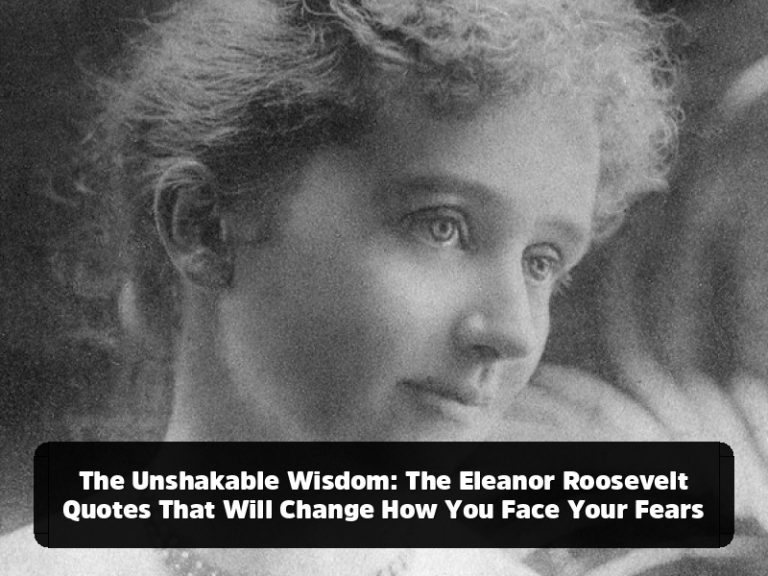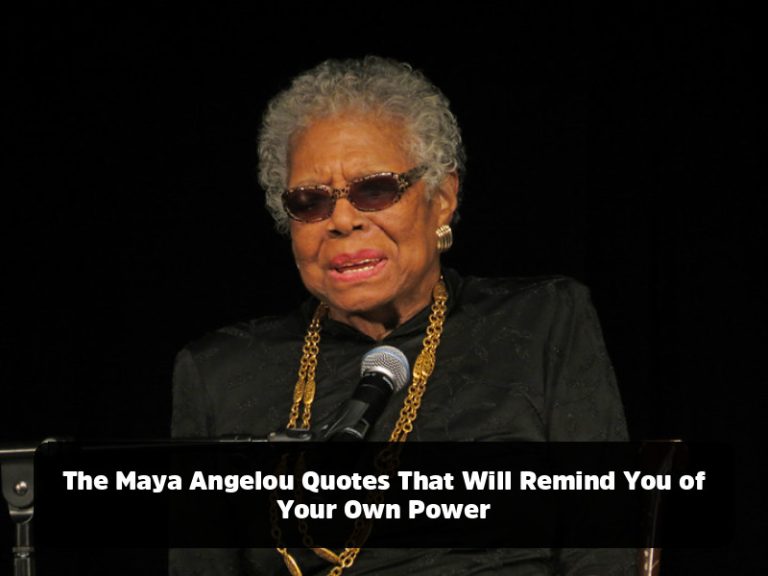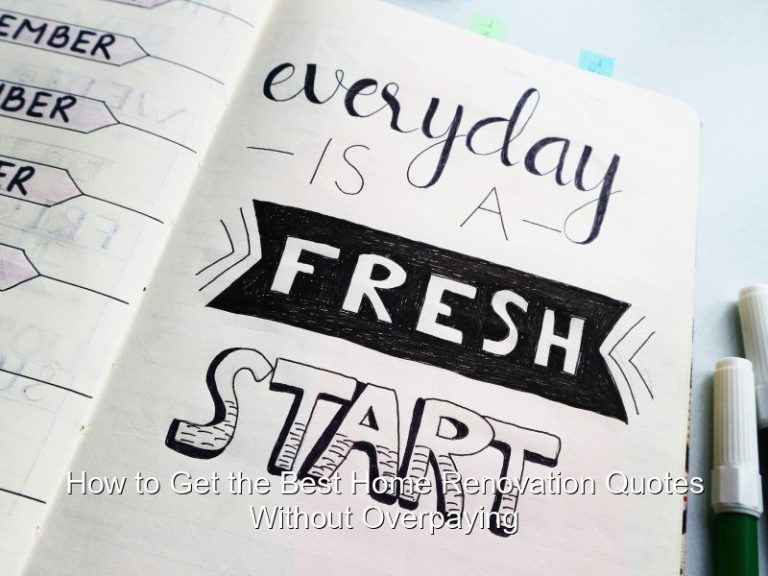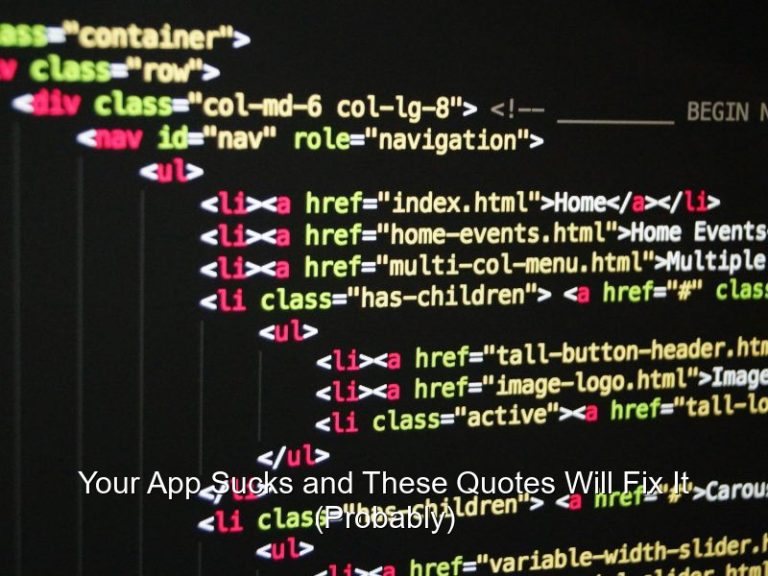The Happiness Lie: What Your Favorite Quote Gets Wrong (And What Actually Works)
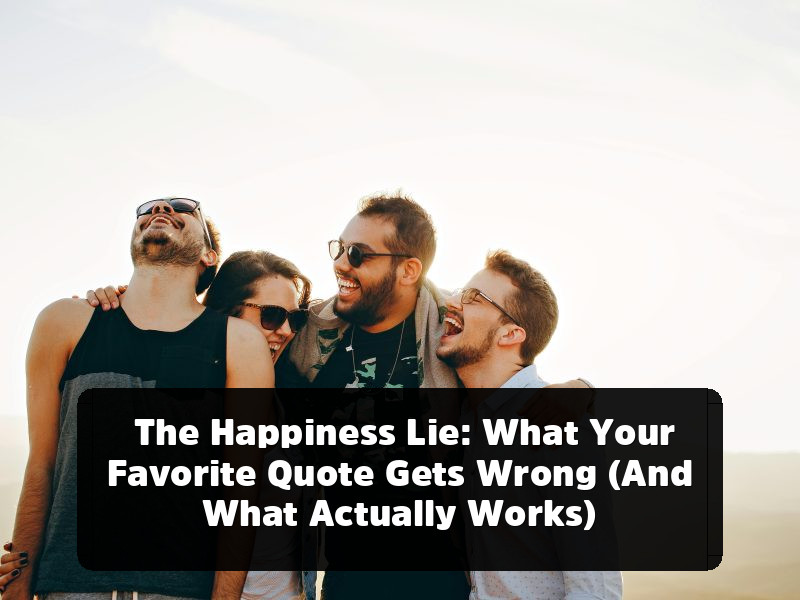
Ever scroll through Instagram, see a perfectly curated feed sprinkled with inspirational happiness quotes, and feel a tiny, guilty pang? You know the ones: “Happiness is a choice!” or “Just be happy!” They’re meant to uplift, but sometimes they just highlight the gap between how we feel and how we’re *supposed* to feel. What if these well-meaning mantras are selling us a lie? What if the relentless pursuit of a constant, gleaming smile is the very thing keeping us from genuine, deep-down contentment?
The Happiness Lie: What Your Favorite Quote Gets Wrong (And What Actually Works)
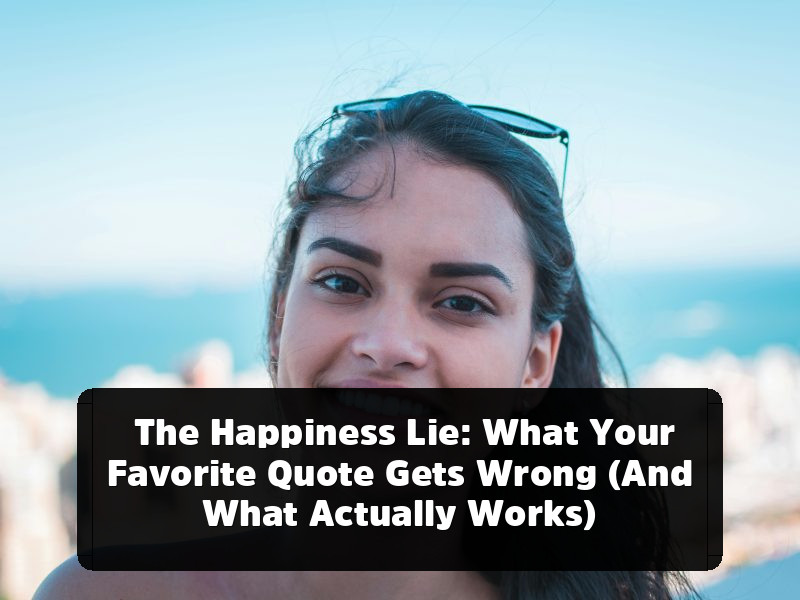
We’ve all clung to a beautiful quote during a tough time. They’re like little life rafts. But when we examine them closely, some of the most popular advice sets us up for a fall. Let’s break down the myths and find the real substance hidden within the wisdom.
The “Just Choose It” Fallacy
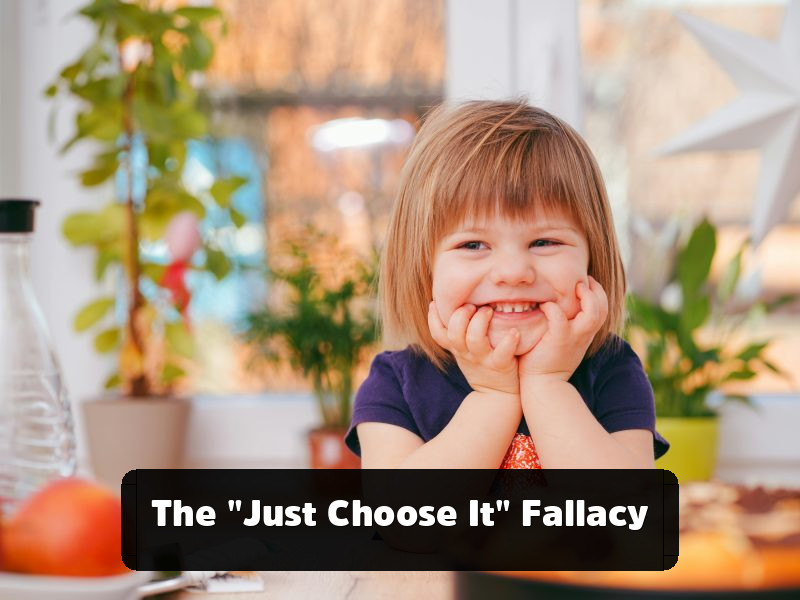
One of the most common refrains is Abraham Lincoln’s gem: *“Folks are usually about as happy as they make their minds up to be.”* On the surface, it’s empowering. It puts you in the driver’s seat. But when you’re in the thick of grief, anxiety, or a legitimately terrible day, being told to just “choose” happiness can feel dismissive. It implies your sadness is a personal failure, a lack of willpower.
- What it gets wrong: It ignores context. You can’t mindset your way out of clinical depression or a traumatic event. This quote risks promoting spiritual bypassing—skipping over real pain with a positive affirmation.
- What actually works: Acknowledgment. The real power isn’t in forcing a smile; it’s in acknowledging the crappy feeling without letting it define you. As the ancient Stoic Marcus Aurelius hinted, *“The happiness of your life depends upon the quality of your thoughts.”* It’s not about slapping a happy thought over a sad one. It’s about managing the narrative around your experiences. Feeling sad is okay. Marinating in a story of how everything is forever terrible is what steals your joy.
The Myth of the Finished Puzzle
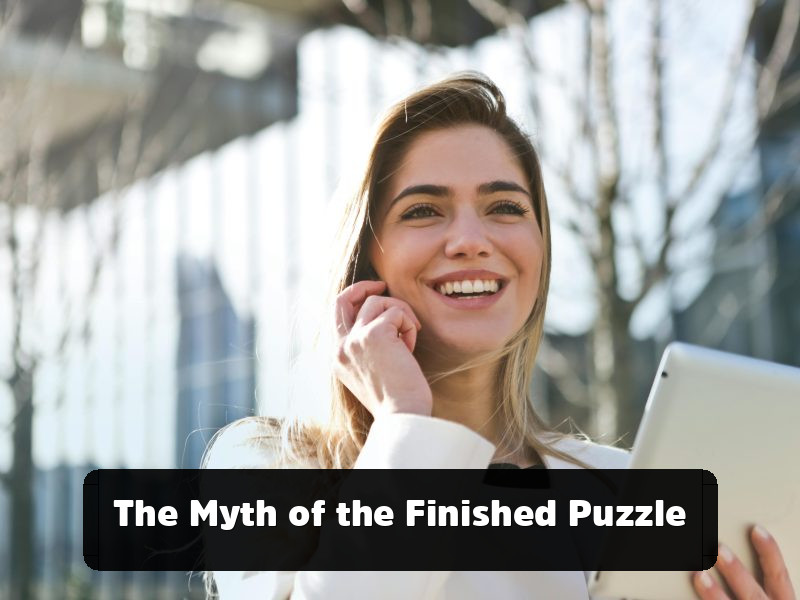
We often treat happiness as a final destination. We think, “I’ll be happy *when*… I get the promotion, find the partner, lose the weight.” This frames happiness as a prize for achieving a perfect life. Even the Dalai Lama’s quote, *“Happiness is not something ready-made. It comes from your own actions,”* can be twisted into a checklist of self-optimization.
- What it gets wrong: Life is never “finished.” There’s always another goal, another problem. If happiness is locked away in a future achievement, you’re signing up for a lifetime of waiting.
- What actually works: Finding flow now. Happiness is a by-product of engagement, not a trophy on the shelf. It’s in getting so absorbed in a task, a conversation, or a creative project that you forget to check your phone. It’s in the mundane moments, not just the monumental ones. Do more things that make you forget to check your phone.
The Trap of Comparison
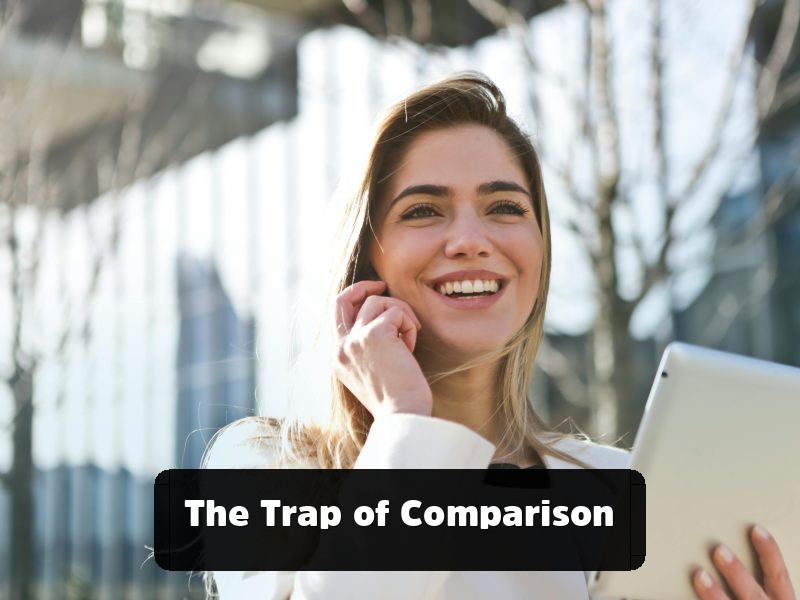
Jodi Picoult offered a brutally mathematical take: *“A mathematical formula for happiness: Reality divided by Expectations.”* This is perhaps the most quietly profound insight on the list. Our misery is often a simple fraction.
- What it gets wrong: Nothing. This one is pretty spot-on.
- What actually works: Actively managing your expectations. You have two levers to pull here. You can work to improve your reality (the numerator), which is hard but rewarding. Or, you can work to lower your unrealistic expectations (the denominator), which is often faster and entirely within your control. Stop comparing your reality to someone else’s highlight reel. Unfollow accounts that make you feel inadequate. As one modern quote puts it, *“I’m too busy working on my own grass to notice if yours is greener.”*
Redefining the Goal: From Happiness to Wholeness
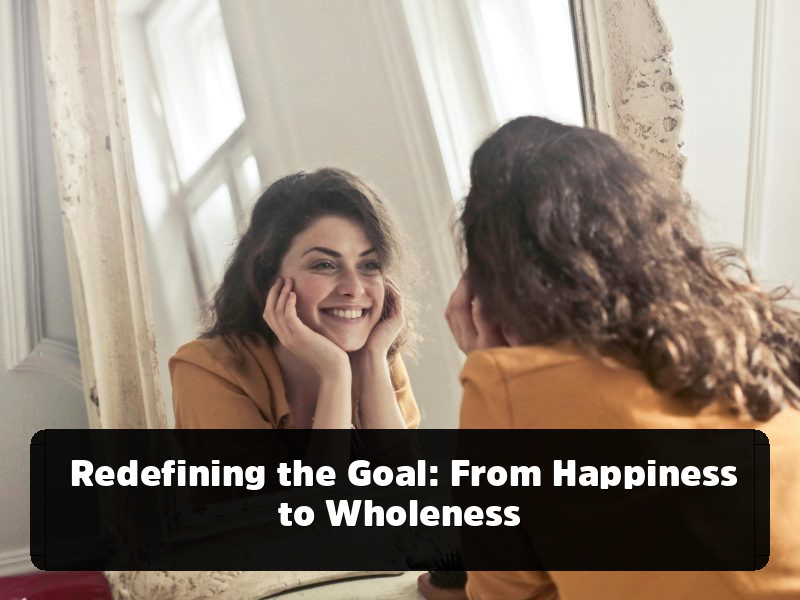
So if chasing a permanent state of bliss is a fool’s errand, what are we actually aiming for? The answer might be in a more complex, richer understanding.
Think about it this way: the deepest moments of meaning in your life probably weren’t pure, unadulterated joy. They were bittersweet. A hard goodbye that was full of love. A challenging effort that led to pride. This is what it means to have a biblical framework for living a grounded, hopeful, and genuinely happy life—it complexifies happiness. We can experience a sort of happiness in the midst of sadness.
The goal isn’t to eliminate negative emotions. It’s to build a life resilient enough to hold them all. It’s about wholeness.
- Savor good gifts as they come: The delicious meal, the funny movie, the quiet morning. *“The power of finding beauty in the humblest things makes home happy and life lovely.”* (Louisa May Alcott)
- Connect and share: Happiness is multiplied when experienced together. *“Whoever is happy will make others happy.”* (Anne Frank)
- Embrace the whole journey: Stop waiting for Friday, for life to begin. Life is a journey to be experienced, not a problem to be solved. Find the play in the work.
The quotes aren’t wrong. We’re just reading them with a finish-line mentality. Happiness isn’t a constant state you achieve; it’s a fleeting, precious guest that visits more often when you stop frantically waiting at the door and get busy living a life worth its time.
The Happiness Lie: What Your Favorite Quote Gets Wrong (And What Actually Works)
